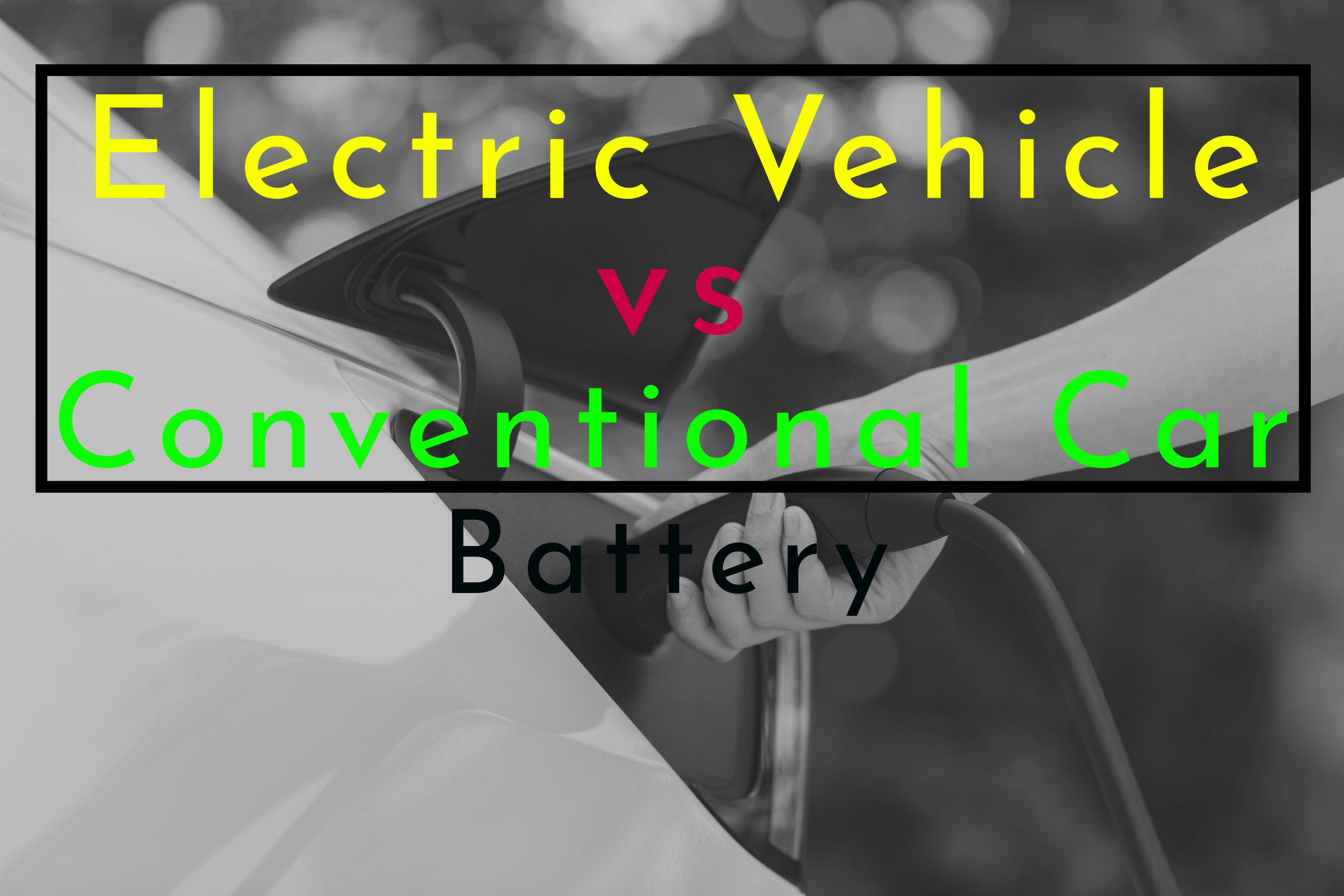Comparing the batteries used in electric vehicles (EVs) to those used in conventional internal combustion engine (ICE) cars offers an interesting perspective on the differences in technology, performance, and maintenance requirements. Here are some key points to consider:

- Technology:
- EVs typically use lithium-ion batteries, which offer high energy density and power output compared to the lead-acid batteries commonly found in conventional cars.
- Conventional cars typically use lead-acid batteries, which are reliable and affordable but have lower energy density and shorter lifespan compared to lithium-ion batteries.
- Performance:
- Lithium-ion batteries used in EVs can provide longer driving ranges and faster acceleration compared to conventional car batteries.
- Conventional car batteries are primarily used for starting the engine and powering accessories, while EV batteries provide power for propulsion and all onboard electronics.
- Charging:
- EV batteries require charging from an external power source, such as a charging station or home charger. Charging times vary depending on the battery capacity and the charging infrastructure.
- Conventional car batteries are recharged by the vehicle’s alternator while the engine is running, and they do not require external charging.
- Maintenance:
- EV batteries generally require less maintenance than conventional car batteries. However, factors such as temperature extremes, frequent fast charging, and deep discharging can affect the lifespan of an EV battery.
- Conventional car batteries require regular maintenance, including checking fluid levels, cleaning terminals, and ensuring proper charging from the alternator.
- Environmental Impact:
- EV batteries have a lower environmental impact compared to conventional car batteries, especially if they are charged using renewable energy sources.
- Conventional car batteries contain lead and sulfuric acid, which can be harmful to the environment if not disposed of properly.
- Cost:
- EV batteries are typically more expensive than conventional car batteries, but prices have been declining as technology advances and economies of scale are achieved.
- Conventional car batteries are relatively inexpensive to replace compared to EV batteries, but they may need to be replaced more frequently.

Overall, while both EV and conventional car batteries serve the same basic function of providing electrical power to the vehicle, they differ significantly in terms of technology, performance, maintenance, and environmental impact. As EV technology continues to improve and become more affordable, the transition to electric vehicles is expected to accelerate, leading to greater adoption of lithium-ion batteries in the automotive industry.

